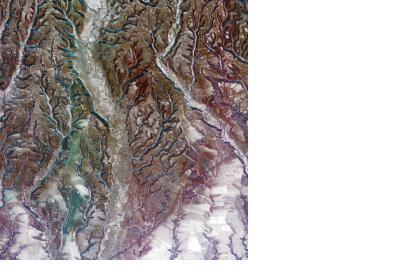UN-SPIDER's Regional Support Office in Romania, hosted by the Romanian Space Agency (ROSA), is currently implementing an updated version of the National Emergency Service in the framework of the "Platform for Geoinformation in Support of Disaster Management (GEODIM)" project. The service provides value-added products for all the phases of a disaster, namely preparedness/prevention, emergency response, and recovery. GEODIM gathers all the puzzle pieces consisting in services provided by the International Charter "Space and Major Disasters", Copernicus – Emergency Management Service (EMS), and UN-SPIDER under a unique Romanian emergency response downstream service.
The GEODIM project (July 2012 – June 2015) is funded by the Executive Agency for Higher Education, Research, Development and Innovation Funding under the authority of the Romanian Ministry of Education, Research, Youth and Sport. The project partnership includes the National Meteorological Administration (project leader), the Romanian Space Agency, the Advanced Studies and Research Center, the University Politehnica of Bucharest, and the University of Agronomic Sciences and Veterinary Medicine. More details can be found on the project's website: (currently only the Romanian version is available).
The project will establish an advanced data center containing three essential components: spatial data infrastructure (archive and newly acquired satellite imagery, in-situ data, different types of useful auxiliary data), customized algorithms for each type of disaster and for each type of satellite imagery, value added-products together with their map templates. The center will enable web and crowdsource mapping for preparedness and emergency response.
GEODIM is strongly promoting international cooperation and participation to Technical Advisory Missions in the framework of UN-SPIDER. The project will strengthen the expertise of the Romanian Regional Support Office in order to provide high quality assistance when requested.
At national level, the project will establish partnerships and agreements with the Government and local authorities, civil protection, general inspectorate for emergency situations, research and development institutes, and universities in order to assure a good cooperation for disaster risk reduction and efficient and timely disaster management actions.
Concluding, GEODIM acknowledges, welcomes and uses the emergency response services provided by the International Charter, Copernicus EMS and UN-SPIDER, but it complements them with a downstream service that offers value-added and validated products for each disaster management phase (preparedness/prevention, emergency response, and recovery).

